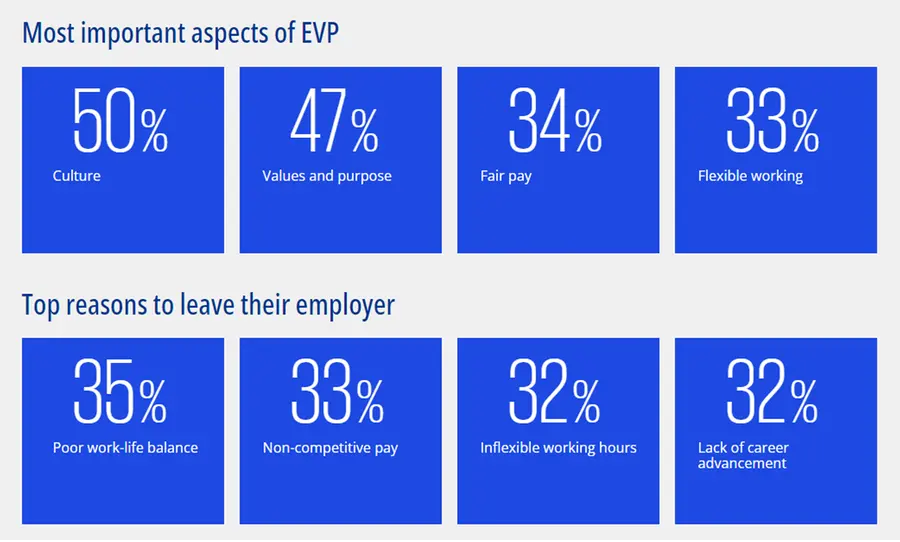PHOTO
- 31% express fears that new technologies like AI will make their jobs obsolete
- 31% believe it has damaged their work-life balance
Dubai: Global and local organisations are racing to embrace AI to strategically allocate resources and enhance employee engagement. KPMG’s Future of Work report – which surveyed over 4,000 employees across leading markets and features insights from subject matter experts in the UAE – found that almost two-thirds of respondents (64 per cent) are happy with the productivity tools and systems at their disposal, and more than half (60 per cent) describe the impact of technology on their jobs as positive.
54% of employees also said their employer had adopted new technologies over the past three years, and 66 per cent of employees expect technology to enhance their productivity over the next three years. More than a third (37 per cent) say new technology will automate as much as 30 per cent of their job, whereas a quarter (24%) think it could automate up to half of their job. Despite this overall optimism, the research highlights concern about employees feeling overloaded by new technology and unequipped to fully benefit from it.


Marketa Simkova, Partner and Head of People and Organization at KPMG Lower Gulf said: “Organizations have been told they need to adopt a digital mindset, but with the advent of GenAI, the stakes are higher than ever. Combining human and machine capabilities is key. As the UAE accelerates its digital ambitions, companies must remember that human beings are still at the core of the digital world of work. Organisations will first need to be very clear on how new technologies will change their workforces and then empower their people with the right tools to adapt to change.”
The report shows that the always-on nature of modern working environments is taking a toll on employee well-being and mental health. In addition, job insecurity is emerging as a growing threat, with almost a third of employees (31 per cent) expressing fears that new technologies like AI will render their jobs obsolete. Almost two in five workers feel that productivity improvements are outweighed by the effect on their well-being and mental health, and 31% believe it has damaged their work-life balance.
Employers must communicate effectively with their employees to address fears about rapid technological changes or risk their employees feeling left behind. Employers must remember that advances in AI also mean that the workforce of the future will likely feature AI-augmented humans carrying out tasks in new and different ways. The human workforce will need to be re-skilled to operate in this scenario. There is scope for employers to leverage advancements in HR technology using AI to streamline processes and create a more engaging employee experience.
-Ends-
About KPMG
KPMG is a global organization of independent professional services firms providing Audit, Tax and Advisory services. KPMG is the brand under which the member firms of KPMG International Limited (“KPMG International”) operate and provide professional services. “KPMG” is used to refer to individual member firms within the KPMG organization or to one or more member firms collectively.
KPMG firms operate in 145 countries and territories, with more than 236,000 partners and employees working in member firms around the world. Each KPMG firm is a legally distinct and separate entity and describes itself as such. Each KPMG member firm is responsible for its own obligations and liabilities.
KPMG International Limited is a private English company limited by guarantee. KPMG International Limited and its related entities do not provide services to clients.
For more details about our structure, please visit home.kpmg/governance.
For media inquiries, please contact:
Sara Seggari
sara.seggari@bpggroup.com
kpmgpr@bpggroup.com




















